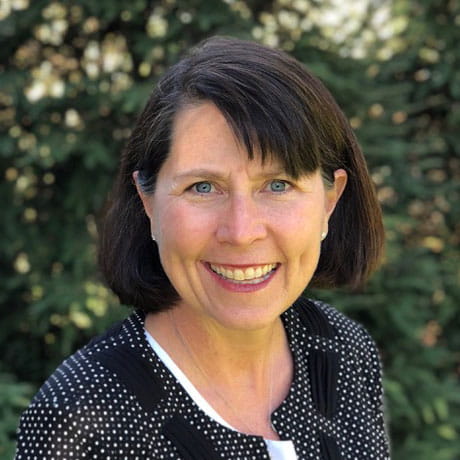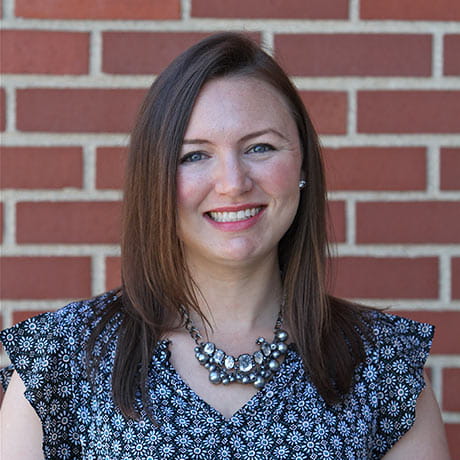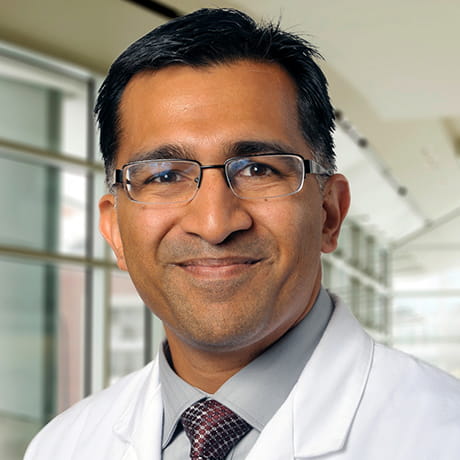
About the center
Drs. Gene Oltz, Ann Scheck McAlearney, Ashish Panchal, and Linda Saif will serve as multi-principal investigators for the Center to STOP COVID, a new Serological Sciences Center of Excellence supported by a five-year, $10 million grant from the National Cancer Institute in the National Institutes of Health. The effort will study the long-term effect of COVID-19 on first responders, health care workers and the general population.
Contact information
For more details about the center, email Center to STOP COVID Research Manager Alice Gaughan at alice.gaughan@osumc.edu.
Announcements
New England Journal of Medicine prints Center to STOP COVID team's letter
In a letter to the editor of the New England Journal of Medicine, as well as an accompanying publication in Cell Host & Microbe, a team of Center to STOP COVID researchers reported their recent findings regarding the effectiveness of COVID-19 vaccines and boosters in the face of emerging variants. They found that a booster mRNA vaccine dose was needed to generate sufficient antibodies to neutralize several variants, such as BA.2 and deltacron. Their work was recently profiled by Ohio State News.
View the Ohio State News Article Read the NEJM Letter
Questions about COVID-19 treatments or symptoms? We have some answers
As part of our ongoing efforts to share information from experts regarding COVID-19, we are proud to present our latest blog entry. Andrew Schamess, MD, and Laura Rush, DVM, PhD, RN, have updated "How to find out if you have long COVID, and resources for those with long COVID symptoms," which offers a detailed look at what we know about long COVID, including resources for people who think they may be experiencing it.
A complete archive of previous blog entries is maintained on our Publications and Presentations page.
There are a variety of additional sources of COVID-19 information available; some of them are listed below.
- The Ohio State University Wexner Medical Center Blog
- The Ohio State University Wexner Medical Center COVID FAQ
- The Ohio State University Infectious Diseases Institute
- Franklin County Public Health Vaccine FAQs
Recent News

When disaster strikes, Dr. Bachmann is either on or behind the scenes
With a background as a medical officer for US Navy dive teams and submarine forces, emergency preparedness seems to be in Daniel Bachmann, MD’s, DNA. He is one of many experts working with the Center to STOP COVID, and his work was recently featured in a profile at The Ohio State University.
First responders' concerns and frustrations detailed in new publication
A team of researchers led by Ann Scheck McAlearney, ScD, MS, has published a new paper titled "Pandemic Experience of First Responders: Fear, Frustration, and Stress" that offers a look at the effect of the pandemic on first responders through a series of semi-structured interviews.
Publication: New validated measure could help reduce vaccine hesitancy
Congratulations to lead author Megan Gregory, PhD, and her co-authors on the recent publication of "The COVID-19 vaccine concerns scale: Development and validation of a new measure" in Human Vaccines & Immunotherapeutics.
Work on immunity over time featured on NIH Director's Blog
The National Institutes of Health Director's Blog is featuring an article about the work done by The Ohio State University's Shan-Lu Liu, MD, PhD, and his team as part of the Center to STOP-COVID. The entry details their work, from a paper titled "Neutralizing antibody responses elicited by SARS-CoV-2 mRNA vaccination wane over time and are boosted by breakthrough infection" published in Science Translational Medicine, which showed that while people who received two doses of the mRNA vaccines generated antibodies, those antibody levels fell after six months, a finding that suggests declining immunity over time in the absence of a booster.

Publication examines EMS perspectives on COVID-19 vaccines
Congratulations to lead author Sarah MacEwan, PhD, and her co-authors on the publication of a paper titled "An Opportunity to Understand Concerns about COVID-19 Vaccination: Perspectives from EMS Professionals" in MDPI's Vaccines. In the article, faculty and staff affiliated with the Center to STOP COVID sought to understand the perspectives of emergency medical services personnel regarding COVID-19 vaccines.

Study: COVID efficient at spreading cell to cell
A team that includes multiple researchers associated with the Center to STOP-COVID and The Ohio State University has published a new article titled "SARS-CoV-2 spreads through cell-to-cell transmission," which reveals that the virus behind the pandemic is able to efficiently spread directly from one cell to another, rather than via freely floating viral particles. Their research appears in the journal Proceedings of the National Academy of Sciences and is also featured in an article by Ohio State News, in which paper co-author and Center to STOP-COVID member Dr. Shan-Lu Liu is extensively quoted.
Distribution underway of special COVID-19 vaccine for zoo animals
Around 80 zoos across the U.S. have requested doses of the vaccine, called Zoetis. Coronavirus vaccines for animals were first developed in the 1950s, but each is specific to a specific coronavirus. Dr. Linda Saif is quoted.
Pandemic isn't over: Ohio State researchers study effect on first responders
“The big focus about first responders for us is that they’re the ones on the front lines,” said Ashish Panchal, MD, PhD, who was quoted in multiple news sources across the state while discussing the STOP COVID study.
Ohio State to study COVID-19 in first responders with $10 million grant
“Stopping the spread of COVID-19 will require research that cross-cuts basic, translational and applied sciences,” said Dr. Gene Oltz, chair of the Department of Microbial Infection and Immunity at The Ohio State University College of Medicine and lead co-principal investigator for the study, in a news release from Ohio State.
NIH to launch the Serological Sciences Network for COVID-19
The National Institutes of Health announced: "The National Cancer Institute (NCI) has launched the Serological Sciences Network for COVID-19 (SeroNet), an initiative aimed at quickly increasing the nation’s antibody testing capacity and engaging the U.S. research community to understand the immune response to COVID-19. NCI is part of the National Institutes of Health." Dr. Ann Scheck McAlearney is pictured.
Dr. Saif: 'If its ability to infect people is confined, it may also be viewed as a pandemic threat'
The Center to STOP COVID's Linda Saif, PhD, MS, and Anastasia Vlasova, DVM, PhD, both with Ohio State, are quoted in Science magazine regarding ongoing efforts to identify new coronaviruses that may be able to infect people as they emerge.
EMS personnel awareness, training about personal protective equipment essential
"With the emergence of the 2019 novel coronavirus disease (COVID-19), appropriate training for emergency medical services (EMS) personnel on personal protective equipment (PPE) is essential," Dr. Ashish R. Panchal, pictured, and his co-authors write in Prehospital Emergency Care.
Eleven Ohio State scientists named AAAS Fellows
Dr. Shan-Lu Liu, professor of veterinary biosciences, was honored "for distinguished contributions to our understanding of virus-host interaction and viral pathogenesis, as well as impact on scientific communication, diversity and international collaboration." Learn more in this story from Ohio State News.
Study finds specific proteins inhibit or enhance virus that causes COVID-19
"Our new findings are potentially quite important because there are people who have mutations in the IFITM3 gene, possibly making them more susceptible not only to influenza but also SARS-CoV-2," said co-author Jacob Yount, PhD, an associate professor of Microbial Infection and Immunity and co-director of the Viruses and Emerging Pathogens Program at Ohio State's Infectious Disease Institute, in an article appearing at phys.org.
COVID-19 antibodies on trial
As the initial readouts of trials of antibodies against COVID-19 are released, Nature Biotechnology asked Dr. Linda Saif, pictured, and others in a group of experts "to comment on the challenges and timelines for these products."
